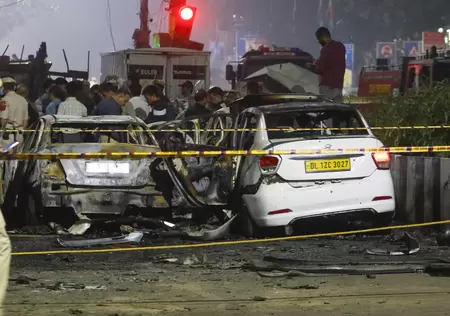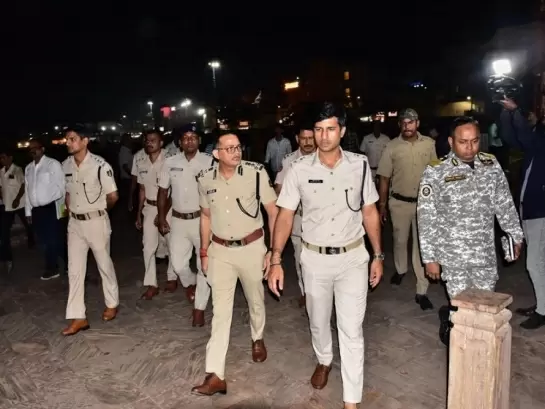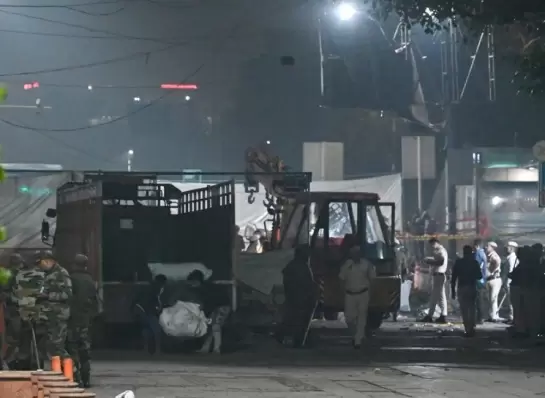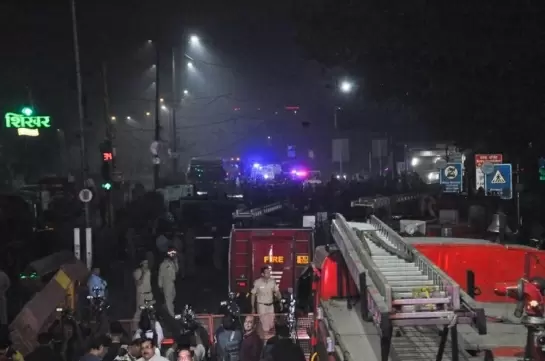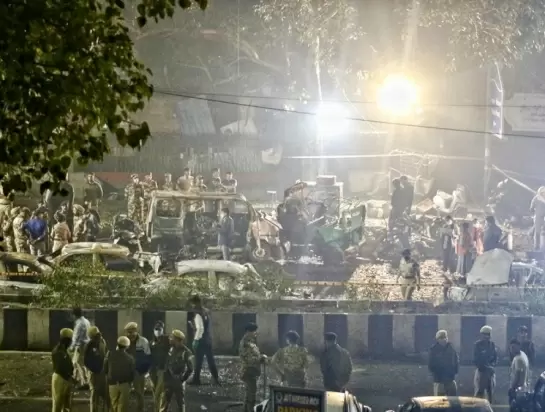Ram Lalla lawsuit not linked to Ram Janmabhoomi Nyas: Counsel
03-October-2019
The Ram Lalla Virajman's counsel on Thursday, in his reply in the Ayodhya title dispute being heard by the Supreme Court, denied the Muslim parties' contention that its lawsuit was propped up by Ram Janmabhoomi Nyas, associated with the Vishwa Hindu Parishad.
On the 36th day of hearing, senior advocate C.S. Vaidyanathan addressed the objection raised in connection with the 'next friend', who filed the law suit on behalf of Ram Lalla, being a trustee of the Ram Janmabhoomi Nyas.
"In this regard it is stated that Deoki Nandan Agarwala (who filed suit 5) before filing the lawsuit had resigned from the said Nyas and was not a trustee as alleged by the counsel. Moreover, T.P. Verma nor Triloki Nath Verma, who is presently acting as next friend, has ever been the trustee of Ram Janmabhoomi Nyas," he submitted before a five-judge bench headed by Chief Justice Ranjan Gogoi hearing the matter.
These submissions gain significance, as Hindu parties have completed their response to Muslim parties' arguments against law suit 5 and the ASI report.
Senior advocate Rajeev Dhavan will begin his arguments on the Sunni Waqf Board lawsuit on Friday. The Supreme Court has been hearing the matter daily since August 6.
Muslim parties contended that suit number 5 is only a vehicle for the Ram Janmabhoomi Nyas which was established in l985 and comprised of Hindu seers, members of the VHP, and 10 others including Justice S.N. Katju, Justice Deoki Nandan Agarwala, amd Rajmata Vijayraje Scindhia.
"The other trustees also included members of the RSS and of various mandirs including the Hanuman mandir. The shebait (Nirmohi Akhara) was not included," the Muslim parties maintained in their submissions.
Rubbishing these claims, Vaidyanathan said: "Referring to Nyas as a special purpose vehicle (SPV) is absolutely incorrect." Muslim parties contended that arguing for Ram Janmabhoomi as a juristic personality, which is subject to law, was a special purpose vehicle (SPV) to get rid of the past structure and build a grand temple for the future.
Vaidyanathan also rebutted Muslim parties' claim on the presence of lime-surkhi recovered in the excavation by the ASI, contending that arguing it was only used in Islamic structures is erroneous and it is wrong to say that lime surkhi in India made its appearance from Islamic period.
"It was used in the Gangetic plain from 2nd Century B.C. for example at Kaushambi (for reference excavations at Kaushambi by Prof. G.R. Sharma, 1960). The opinion of some of the experts even suggest that surkhi is purely indigenous and was not brought in India from Central Asia," he said.
Vaidyanathan also told the court the contention of the Sunni Waqf Board dismissing travelogues and gazetteers recording the faith and belief in the place of birth of Lord Ram, as hearsay and something ought not to be given credence is untenable.
"The recording of the history in India, unlike in Europe, is not one of recording dates and events, it is more in respect of culture, practices etc. Shruti and Smriti are the sources of Hindu law," he submitted. IANS
Red Fort Car Explosion Leaves 10 Dead; Terror Angle Suspected
Car Blast Near Red Fort Metro; Multiple Vehicles Catch Fire
Rs 84 Lakh Cash, Luxury Car Recovered In Rs 69 Crore Chit Fund Case
TMC Flags Confusion Over EC Definition Of ‘Relative’ In Bengal SIR
Special Intensive Revision Sparks Concern Across Tamil Nadu





